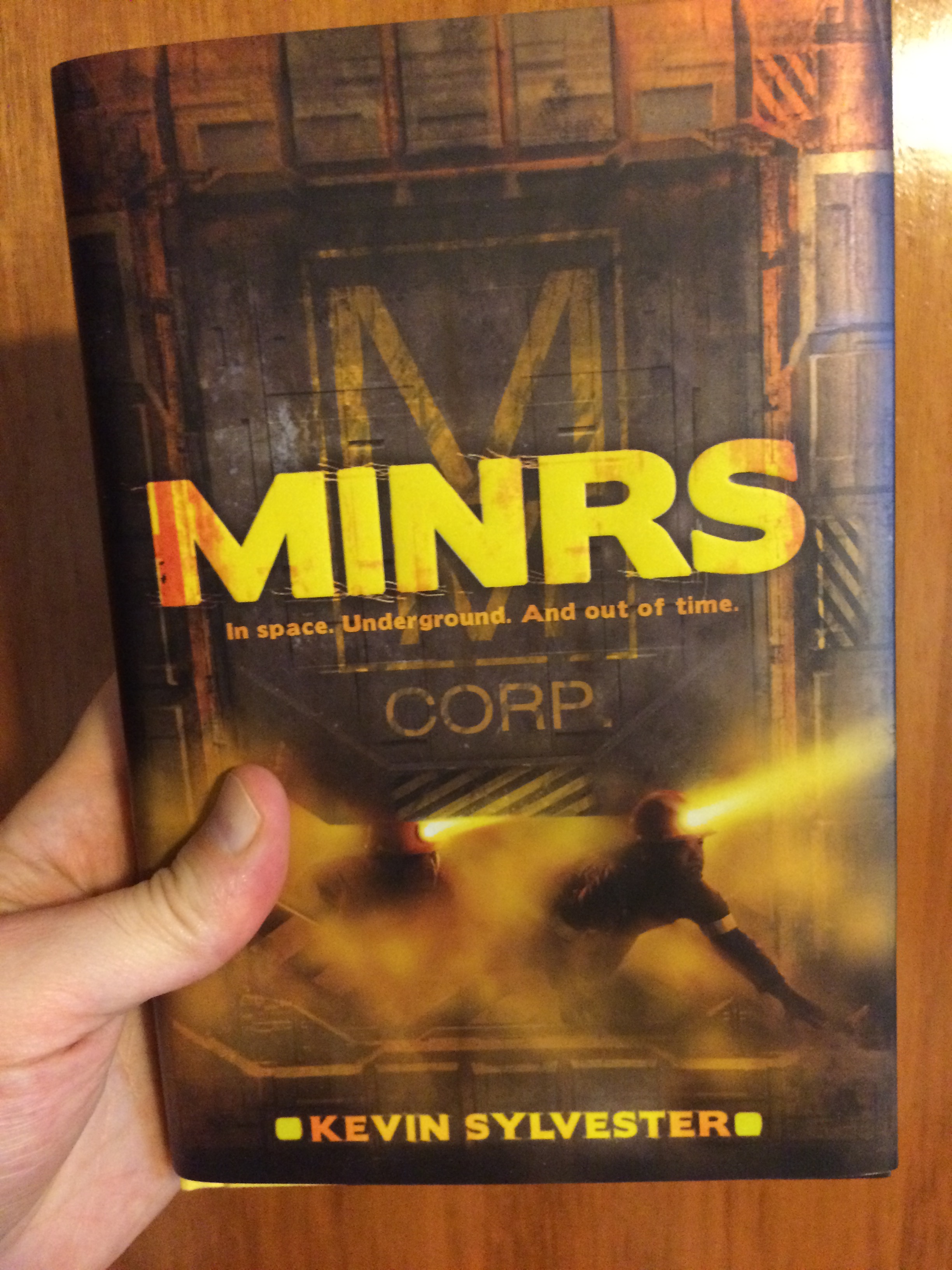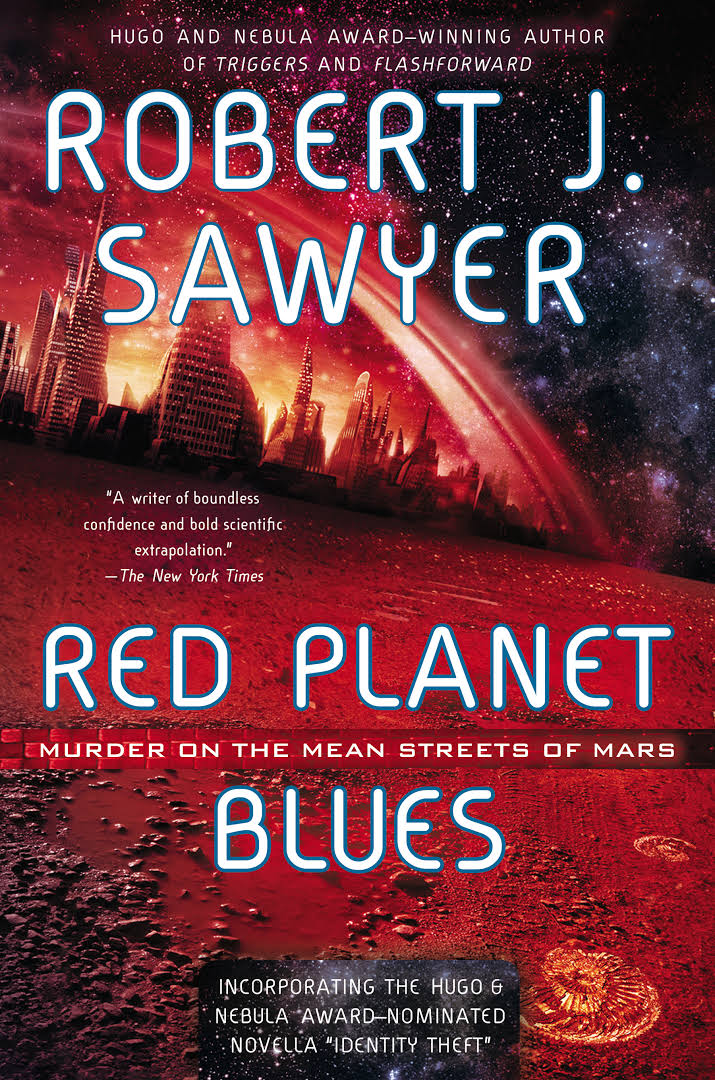 There is a specific part of the brain that remembers names. I don't recall where it is exactly. Or where I got that information from. But I think it's called the embarrassebellum. Because I can never remember names. This is especially problematic since I live in a world where people use names to identify themselves.
And yes, I've tried the tricks. I met one of the fathers at my daughter's school and thought, I'll remember his name because it's the same name as my cousin. But...I have several male cousins. Every time I see him I think: Is it Bill? Mark? Jim? Kirk? Michael? Oh, no. The problem is when I'm introduced to someone a horrible loud fuzzy noise fills my ears so that I hear, "Arthur I'd like you to meet BZZZZZZZZZZ and GZZZZZZZZZ." "Great to meet you. How many z's is that in your name?" Or, even worse, is when the social situation calls upon me to introduce people to each other. For example, let's say I'm at a bookstore talking to someone I've known for years and another person I've known for years walks up. This situation demands that I introduce these two people. I will suddenly feel as if a spotlight has been lasered down on my position and a Bond-villain voice whispers, "You are standing on a trapdoor and if you mess up this introduction you will fall into a tank of author-eating sharks. HA HA HA." I wipe the sweat beading on my forehead and turn to these people I've known for years and say, "Umm. What'syourname I'd like you to meet Whathisname. You have a lot in common. You both have names. And I can't remember either of them."
There is a specific part of the brain that remembers names. I don't recall where it is exactly. Or where I got that information from. But I think it's called the embarrassebellum. Because I can never remember names. This is especially problematic since I live in a world where people use names to identify themselves.
And yes, I've tried the tricks. I met one of the fathers at my daughter's school and thought, I'll remember his name because it's the same name as my cousin. But...I have several male cousins. Every time I see him I think: Is it Bill? Mark? Jim? Kirk? Michael? Oh, no. The problem is when I'm introduced to someone a horrible loud fuzzy noise fills my ears so that I hear, "Arthur I'd like you to meet BZZZZZZZZZZ and GZZZZZZZZZ." "Great to meet you. How many z's is that in your name?" Or, even worse, is when the social situation calls upon me to introduce people to each other. For example, let's say I'm at a bookstore talking to someone I've known for years and another person I've known for years walks up. This situation demands that I introduce these two people. I will suddenly feel as if a spotlight has been lasered down on my position and a Bond-villain voice whispers, "You are standing on a trapdoor and if you mess up this introduction you will fall into a tank of author-eating sharks. HA HA HA." I wipe the sweat beading on my forehead and turn to these people I've known for years and say, "Umm. What'syourname I'd like you to meet Whathisname. You have a lot in common. You both have names. And I can't remember either of them."
Gah! Bring on the sharks.
Dante's Inferno has a special circle of Hell called the author's signing table. It's a place where people have braved hail, wind, rain or meteorites to attend your book launch then paid good money for your book and are now lined up to get your signature on that book and all those people in the line up have names. I tell you they all have names.
"And who would you like me to sign the book to?" I ask the man I've known since high school.
"To me, please."
"Oh, and how do you spell your name again?"
"Really? It's Bob. Don't forget the second B."
It's time to hire a full time name whisperer. Or maybe, just maybe, there's an app for that.
Anyway, pleased to meet you. I hope to remember your name.
Photo credit: striatic via Visualhunt.com / CC BY




 Well, I've been to Mars several times now. I recently read The Martian then saw The Martian movie and cracked open Ray Bradbury's The Martian Chronicles (my fave) and now have finished Robert Sawyer's Red Planet Blues. I'll give you the short review: It's good. It's funny. It's intelligent. It's dramatic. Did I mention how many times I laughed? Sawyer has done an excellent job of recreating the pulp detective story on Mars. I've read several of Rob's books and am always impressed by how he is able to get complex scientific ideas across to simpletons like me and still keep the story rocketing along. He does that again here, of course. But I can tell he had so much fun playing with the language and the stereotypes of the pulp fiction world. And somewhere along the way I actually learned what it would be like to be living under a dome on Mars. Two martian thumbs up.
Well, I've been to Mars several times now. I recently read The Martian then saw The Martian movie and cracked open Ray Bradbury's The Martian Chronicles (my fave) and now have finished Robert Sawyer's Red Planet Blues. I'll give you the short review: It's good. It's funny. It's intelligent. It's dramatic. Did I mention how many times I laughed? Sawyer has done an excellent job of recreating the pulp detective story on Mars. I've read several of Rob's books and am always impressed by how he is able to get complex scientific ideas across to simpletons like me and still keep the story rocketing along. He does that again here, of course. But I can tell he had so much fun playing with the language and the stereotypes of the pulp fiction world. And somewhere along the way I actually learned what it would be like to be living under a dome on Mars. Two martian thumbs up.